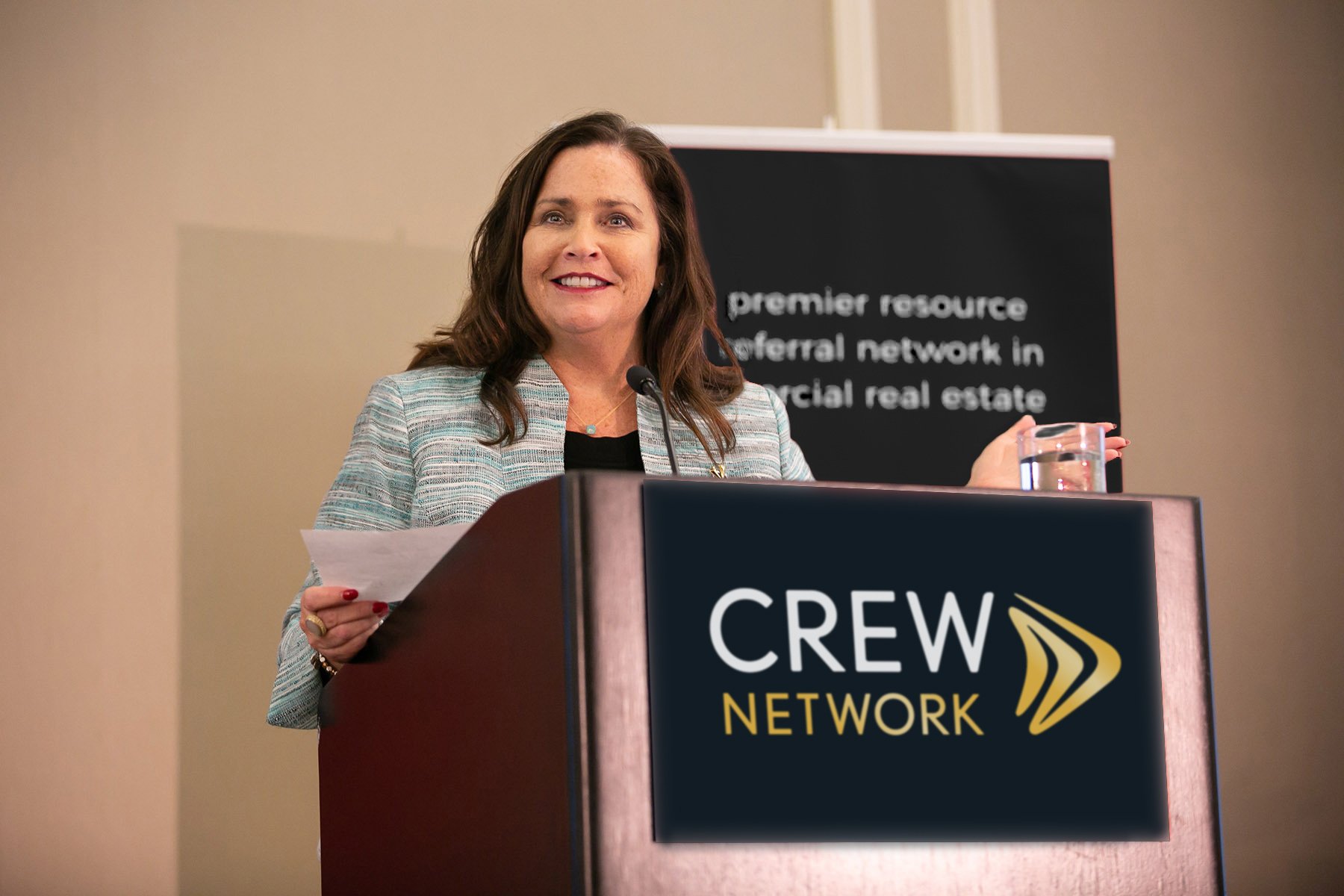The past few years have brought many changes to the commercial real estate industry, some of which are tied to environmental, social, and governance (ESG) initiatives. As stakeholders turn their attention to ESG, many organizations are focusing heavily on the E and G, with less emphasis on the S.
"Much focus has been placed on environmental and governance initiatives — and one of the reasons is they are much easier to measure," says Wendy Mann, CEO of CREW Network. "But the social aspects are also critical, even though tracking them isn't always straightforward."
According to Mann, increasing focus on all areas of ESG, including social, is closely tied to performance and success. A McKinsey & Company study found that ESG appears to improve performance and profitability over the long term, but transformation requires a willingness to shift from the status quo.
Recommended For You
Fully embracing ESG
The commercial real estate industry has a decent amount of work to do to educate the workforce on ESG, explains Mann. A recent CREW Network research paper found that one in three industry professionals reports knowing "very little to nothing" about ESG. A little more than half said they know enough to get by, which, according to Mann, is pretty low.
Survey results also showed that 76% of industry professionals say ESG is either "somewhat" or "very" important to their companies — and 24% said that it's not important at all. Those who said it wasn't important reported that it simply isn't a business priority. In addition, only 47% of CRE companies have ESG plans or strategy in place. Of the remaining 53% of companies that don't have an ESG strategy, 23% don't intend to create one.
"Another large consideration is the difference between private versus public firms," says Mann. "There's more of a push in public companies than in private, and a reason is that for many private firms, ESG is still a 'nice to have' versus a 'must have.'"
Mann notes that other parts of the world, such as Europe, that have more fully embraced ESG are also heavily regulated. "If we show a willing commitment to ESG initiatives, it might help the industry avoid more dire regulations — which is something to consider."
Starting from the top down
As organizations consider the next best steps with ESG, Mann recalls an expression from a previous manager that underscores that meaningful change needs to start at the top.
"I had a boss that once told me, 'Wendy, the fish rots from the head down,'" says Mann. "And that means that if the head of an organization isn't walking the talk, not holding its executive team accountable, you're not going to see that change below — everyone must embrace the commitment."
Mann recommends looking at what others are doing in the industry to spark ESG change. However, she cautions against saying, "'OK, we've done these five things; now we're done.' You need to keep on pushing."
© 2025 ALM Global, LLC, All Rights Reserved. Request academic re-use from www.copyright.com. All other uses, submit a request to [email protected]. For more information visit Asset & Logo Licensing.







